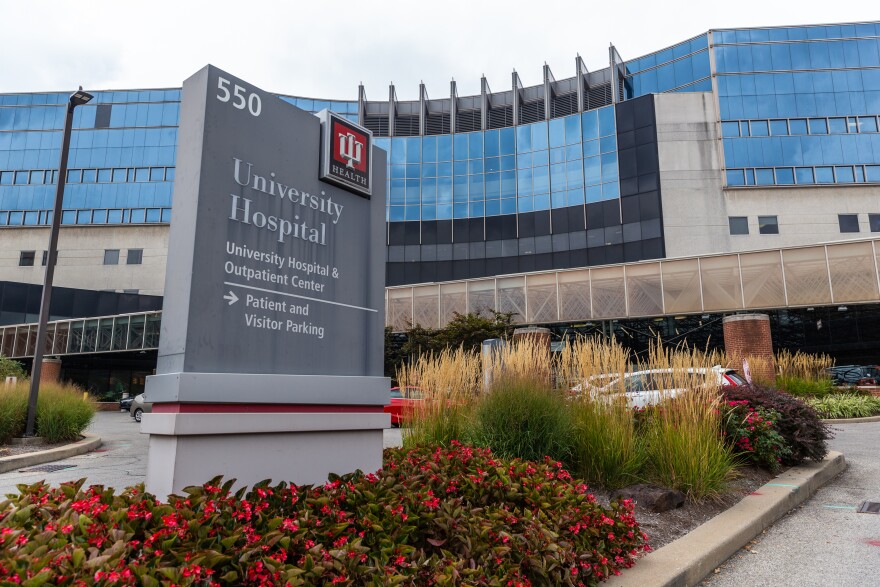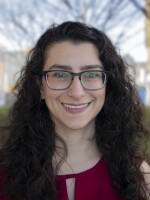Update, Sept. 9, 2020: AstraZeneca announced that its COVID-19 vaccine trial is on hold. Read more.
The Indiana University School of Medicine announced it has been selected to participate in an international COVID-19 vaccine trial.
The trial is for a vaccine in development by pharmaceutical company AstraZeneca and Oxford University. It’s one of three vaccines in the U.S. in the final stage of study before Food and Drug Administration approval for widespread use.
The trial is part of the Department of Health and Human Services’ Operation Warp Speed – an initiative to produce and deliver 300 million doses of a COVID-19 vaccine, with the initial doses available by January. In May, HHS committed up to $1.2 billion in support of the AstraZeneca vaccine.

“I think we don't want to rush anything,” Dr. Cynthia Brown, the study’s lead researcher and an associate professor of clinical medicine at the IU School of Medicine, said in an interview with Side Effects. “I know we're all eager to get back to as normal as quickly as possible, but we certainly want to make sure we have something that's not only effective, but also safe to be given in large numbers.”
The Indiana site is one of 81 across the country recruiting 30,000 participants for the AstraZeneca trial. IU’s site is the only one in the state and is recruiting up to 1,500 participants within eight weeks. Those participants can come from across the state, but will need to travel to the Clinical Research Center at IU Health University Hospital in Indianapolis. They will be compensated for their time and participation.
Brown said ideal participants are 18 or older who have not had COVID-19, but could be at risk to contract the disease.
“Perhaps they’re bus drivers or factory workers or people working in health care and long-term care facilities,” she said. “School teachers, college students. People who are not strictly socially isolated.”
The participants will either be given two doses of the vaccine or a placebo and then monitored for their responses and to see whether they contract the virus. Brown also said it’s important to recruit a diverse group of trial participants.
“We know that our Black and Hispanic communities have had excess deaths related to COVID. And historically, minority populations are underrepresented in clinical trials,” Brown said.
Brown said it’s still unclear when a COVID-19 vaccine will be available to the general public, or if the vaccine they are testing will even be effective, though early findings published last month in The Lancet showed an immune response, particularly after two doses. But she’s been impressed with the speed and resources that have been devoted to vaccine development.
“The regulators are going to have a really big job, particularly at the FDA, to look at not just this vaccine candidate but candidates across the spectrum to make sure that we have good safety and efficacy,” Brown said.
Those interested in more information or volunteering can do so through the All IN for Health volunteer registry.
Indianapolis-based Eli Lilly and Company is in the final stage of a trial working toward developing a COVID-19 antibody treatment for residents and staff at long-term care facilities.
This story was produced by Side Effects Public Media, a news collaborative covering public health.








